The UK housing market defied any expectations of a slowdown, with average property prices up 1.8% in June, the biggest monthly rise since early 2007.
This means house prices have now risen every month over the last year, and are up by 6.8% or £18,849 in cash terms so far in 2022, pushing the typical UK house price to another record high of £294,845.
- Average house price: £294,845
- Monthly change: +1.8%
- Quarterly change: +3.8%
- Annual change: +13.0%
The supply-demand imbalance continues to be the reason house prices are rising so sharply.
Demand is still strong – though activity levels have slowed to be in line with pre-Covid averages – while the stock of available properties for sale remains extremely low.
Property prices so far appear to have been largely insulated from the cost of living squeeze.
This is partly because, right now, the rise in the cost of living is being felt most by people on lower incomes, who are typically less active in buying and selling houses.
In contrast, higher earners are likely to be able to use extra funds saved during the pandemic, with latest industry data showing that mortgage lending has increased by the highest amount since last September.
Of course, the housing market will not remain immune from the challenging economic environment.
But for now it continues to demonstrate – as it has done over the last couple of years – the unique combination of factors impacting prices.
One of these remains the huge shift in demand towards bigger properties, with average prices for detached houses rising by almost twice the rate of flats over the past year (+13.9% vs +7.6%).
In time though increased pressure on household budgets from inflation and higher interest rates should weigh more heavily on the housing market, given the impact this has on affordability.
Our latest research found that the strong rise in property prices over the last two years, coupled with much slower wage growth, has already pushed the house price to income ratio up to a record level.
So while it may come later than previously anticipated, a slowing of house price growth should still be expected in the months ahead, said Russell Galley, Managing Director, Halifax.
Regions and nations house prices
Northern Ireland once again topped the table for annual house price inflation, up by 15.2%, equating to an average property price of £187,833.
Wales also continues to record a strong rate of annual growth, up by 14.3%, with an average property cost of £219,281.
Meanwhile the South West saw the highest annual house price growth of any region in England, at 14.2%, where a typical home now costs £308,128.
Scotland too saw an increase in the rate of annual house price inflation, up to 9.9%.
A Scottish home now costs an average of £201,549, breaking through £200,000 for the first time in history.
London continues to lag behind other regions in terms of annual house price inflation (+7.1%), though with an average property price of £547,031 it remains by far the most expensive place in the UK to buy a home.
Housing activity
HMRC monthly property transactions data shows UK home sales increased in May 2022.
UK seasonally adjusted (SA) residential transactions in May 2022 were 109,210 – up by 1.3% from April’s figure of 107,780 (up 1.6% on a non-SA basis).
Quarterly SA transactions (March-May 2022) were approximately 4.2% higher than the preceding three months (December 2021-February 2022).
Year-on-year SA transactions were 5.1% lower than May 2021 (2.0% lower on a non-SA basis). (Source: HMRC)
Latest Bank of England figures show the number of mortgages approved to finance house purchases rose in May 2022, by 0.1% to 66,163. Year-on-year the May figure was 23.4% below May 2021.
(Source: Bank of England, seasonally-adjusted figures)
The latest RICS Residential Market Survey shows a modest decline in buyer demand during May.
The net balance score for new buying enquiries of -7%, down from +8% previously, brings an end to eight consecutive positive monthly readings.
Agreed sales have a net balance of -2% (-3% previously) and new instructions returned a net balance score of zero (previously -2%). (Source: Royal Institution of Chartered Surveyors’ (RICS) monthly report)
Tom Bill, head of UK residential research at Knight Frank, said:
“Frustrated demand that arose from a period of low supply has combined with concerns over rising mortgage rates to trigger a very active UK housing market.
However, it is the sort of sweet spot that won’t last forever.
Higher mortgage rates will eventually begin to curb demand, which could be compounded by political uncertainty if a general election is called.”
Jeremy Leaf, north London estate agent and a former RICS residential chairman, comments:
“Despite concerns over the rising cost of living and interest rates, the excess demand over supply continues to hold sway and is driving activity.
The number of appraisals and listings is increasing but not fast enough to keep up as sellers try to take advantage of the market peak, or at close to it as possible, but transactions are slowing and lengthening.
Looking forward, we expect the market won’t be immune to changes in the wider economy and are already seeing signs of a rebalancing but no evidence of major corrections in prices for the time being at least.”
Mark Harris, chief executive of mortgage broker SPF Private Clients, comments:
“Although the schools are breaking up as we head towards the traditionally quieter summer months, there are still plenty of people keen to move, although rising interest rates may temper the ambitions of some as to what they can afford.
It’s not only house prices which continue to rise but mortgage rates are also on the up, with pricing in the 3 to 4 per cent range depending on mortgage length and loan-to-value.
Borrowers are still keen to secure fixed-rate mortgages to protect themselves from further rate rises but have to move quickly as lenders continue to reprice at short notice.”
Tomer Aboody, director of property lender MT Finance, comments:
“Property prices have risen for the 13th consecutive month, indicating an exceptionally buoyant market due to still-low mortgage rates and buyers taking advantage of these before they rise higher due to inflation.
House buyers are still looking to make a move before potentially they are not able to afford to do so, due to higher mortgage rates.
Lack of confidence in the government going forward may well affect the market and halt the continued rise in prices.
Buyers may feel there is an opportunity to act now, taking advantage of relative stability as we don’t know what’s around the corner.”
Anna Clare Harper, director of real estate technology platform IMMO, says:
“The reason behind annual house price growth of 13 per cent is simple: supply is insufficient, and new supply is too slow to meet rising demands.
This problem is being made worse by uncertainty and volatility, which is making housing seem a relatively safe place to put money.
Meanwhile, supply chain challenges include construction material price inflation of 20 per cent-plus and there are ongoing planning backlogs from lockdown.
On top of this, relative to house prices, money is still relatively cheap to borrow.
This supply-demand imbalance – the fundamental problem – will likely be made worse by policy tinkering, such as the proposed extension of the right-to-buy discount scheme for social tenants to those in housing association properties. It seems foolish to encourage further demand when we are not meeting existing market demand.
What policy makers need to consider is that delivering quality housing to the people who need it, at prices they can afford, is not the same as facilitating home ownership.
The impact of public money spent helping to improve the rental sector – either private or social – would be far greater, and far more likely to meet actual housing demands, since what people and families actually need is decent housing in the places they want and need to live, and flexibility for when personal or work needs require them to move.”
Richard Eagling, personal finance expert at NerdWallet said:
“All the speculation is that the UK property market is on the cusp of a slowdown.
These figures continue to defy these suggestions, and they are unlikely to encourage prospective first-time buyers.
Month-on-month house price increases are still resolutely in double figures, while aspiring homeowners also have rising interest rates and inflation to deal with, which affects how much they can borrow and save respectively.
As such, people looking to buy a property must be sensible in their approach.
As with any financial commitment, it is imperative that individuals first evaluate all facets of their financial situation, including their personal savings, credit ratings, outstanding debts, and potential future earnings.
Once this is completed, they can adjust their budget and factor in higher costs – and potentially reassess their home search.
Additionally, prospective homeowners must carefully evaluate any mortgage offers, and research the best deals available in terms of rates and loan-to-value options.
Making use of online tools such as comparison sites can be helpful in determining this.
The signs of a cooling market may start to appear in the coming months, but for first-time buyers, these are unlikely to be apparent for some time.
However, being proactive and weighing up all available options is a good place to start.
Consequently, they will strengthen their buying position if house prices decline in the future.”




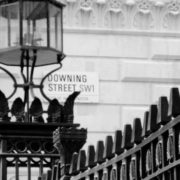
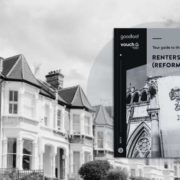


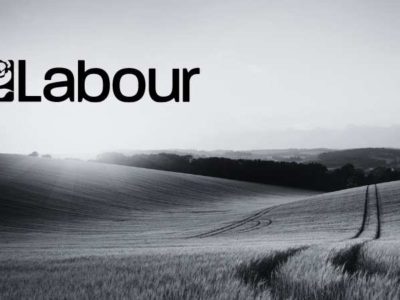

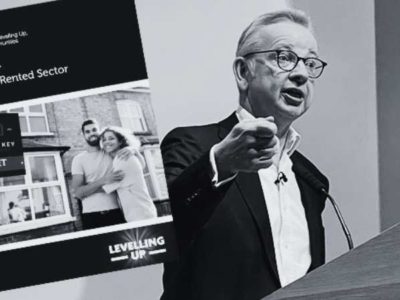


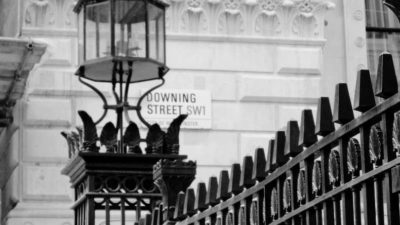
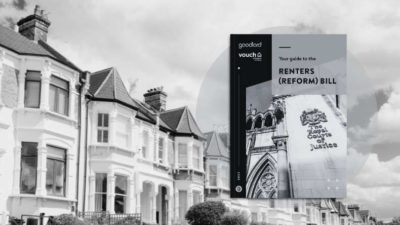






Comments